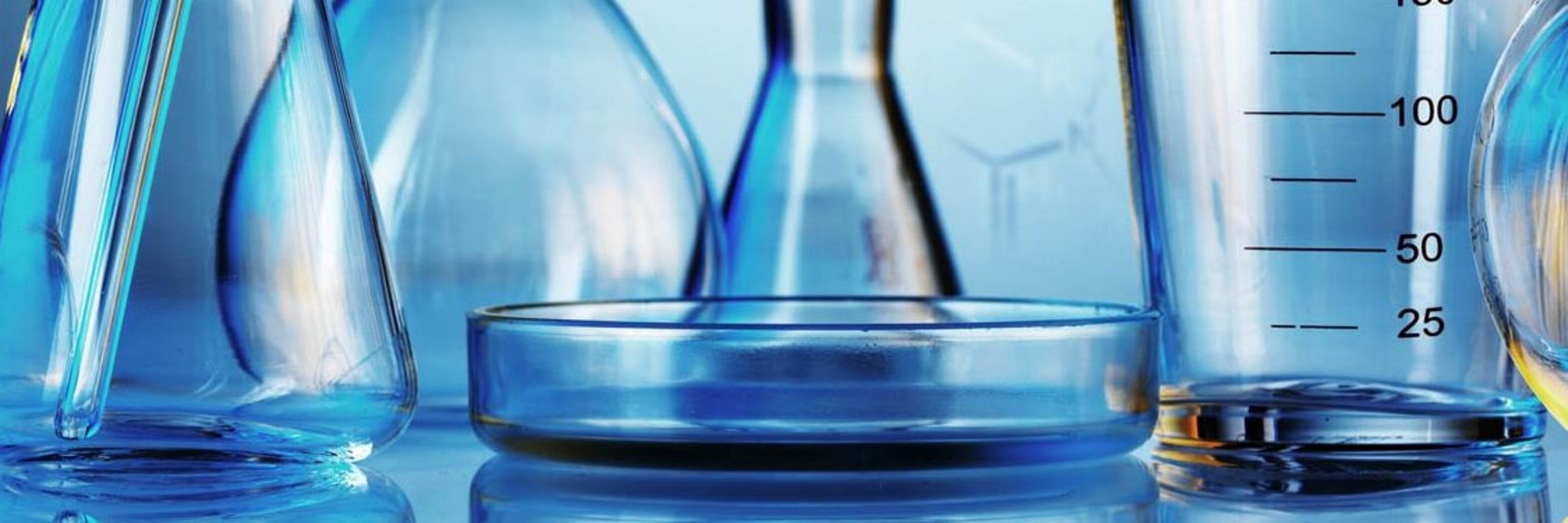
Dr. Weigert tutorials – Laboratory glassware reprocessing
If you work in a laboratory on a daily basis, you will know that there is more to cleaning than meets the eye. Clean and, especially, residue-free laboratory glassware is essential to safe and successful work in the lab. Our process chemicals are particularly crucial to automated reprocessing, but you also need to use, prepare and post-process laboratory utensils correctly.
With our Dr. Weigert tutorials on label removal, prevention of glass corrosion, removal of marker residue and cleaning of sensitive materials, we aim to help you make day-to-day laboratory work safer and more successful.
https://www.youtube-nocookie.com/embed/5U4hgiTXG1I?rel=0"
If you work in a laboratory on a daily basis, you will know that there is more to cleaning than meets the eye. Clean and, especially, residue-free laboratory glassware is essential to safe and successful work in the lab.
The many different types of contamination in a laboratory environment mean that residue-free and value-preserving cleaning of laboratory glassware is particularly challenging. The Dr. Weigert tutorial series “Laboratory glassware reprocessing” provides tips and recommendations for daily laboratory practice on how to clean typical contaminants on laboratory glassware efficiently and with no residue.
Label residue on laboratory glassware is one example of a familiar problem in laboratories. There are various label papers and label adhesives, some of which are easier to remove than others. For example, paper labels that can be individually inscribed are often used. Hazard warning labels can also be found on many items of laboratory glassware. And work at low temperatures, for example, requires the use of highly cold-resistant labels with outstanding adhesion properties (e.g. cryogenic labels for temperatures of minus 18 °C or below). This Dr. Weigert tutorial provides practical tips and recommendations for residue-free removal of labels.
https://www.youtube-nocookie.com/embed/Kpu7Q4A5NmE?rel=0
If you work in a laboratory on a daily basis, you will know that there is more to cleaning than meets the eye. Clean and, especially, residue-free laboratory glassware is essential to safe and successful work in the lab.
Various reprocessing processes are used for the value-preserving cleaning of laboratory utensils. These depend on the particular contamination of the laboratory glassware. The Dr. Weigert tutorial series “Laboratory glassware reprocessing” provides tips and recommendations for daily laboratory practice on how to clean typical contaminants on laboratory glassware efficiently and with no residue.
Laboratory glassware is often inscribed for labelling. A range of markers and felt-tip pens are available for this, made by the likes of edding. The various colours such as green, blue and black consist of differing dyes. Removing the residue of these dyes is difficult, and the results can vary.
In this tutorial, Dr. Weigert provides tips and recommendations for removing stubborn marker residue and felt-tip pen residue.
https://www.youtube-nocookie.com/embed/fOKLElJVRik?rel=0
If you work in a laboratory on a daily basis, you will know that there is more to cleaning than meets the eye. Clean and, especially, residue-free laboratory glassware is essential to safe and successful work in the lab.
The many different types of contamination in a laboratory environment mean that residue-free and value-preserving cleaning is particularly challenging and raises specific questions. The Dr. Weigert tutorial series “Laboratory glassware reprocessing” provides tips and recommendations for daily laboratory practice relating to cleaning and hygiene.
This tutorial is about how glass corrosion can be prevented. Glass corrosion, i.e. structural change of the glass surface, arises as a result of the wrong choice of cleaning process, for instance. In addition to loss of accuracy of volumetric instruments such as pipettes, laboratory glassware or measuring cylinders, glass corrosion leads to colour removal of scales. This reduces the service life of the laboratory glassware and can even cause distorted analysis results.
In this tutorial, Dr. Weigert shows that automated reprocessing is a gentle type of cleaning. By selecting the right cleaning agent that is specifically geared towards the task in hand and preserves materials, the materials used can last even longer, and glass corrosion can be prevented.
https://www.youtube-nocookie.com/embed/6PIQbGPq_kQ?rel=0
If you work in a laboratory on a daily basis, you will know that there is more to cleaning than meets the eye. Clean and, especially, residue-free laboratory glassware is essential to safe and successful work in the lab.
The Dr. Weigert tutorial series “Laboratory glassware reprocessing” provides tips and recommendations for daily laboratory practice relating to cleaning and hygiene. This tutorial is about how to achieve maximum material preservation when cleaning sensitive laboratory utensils.
Various sensitive materials are used in laboratories. These include objects made of pure aluminium as well as anodised laboratory utensils such as Kapsenberg caps and test plates. The anodised coating forms an additional layer of protection and enables colour coding by means of the dyed top oxide layer.
Particularly gentle methods are required for automated reprocessing of these materials. In this tutorial, Dr. Weigert uses a cleaning experiment to show why it is important to choose the correct process parameters, and what the consequences of an incorrect cleaning program can be.